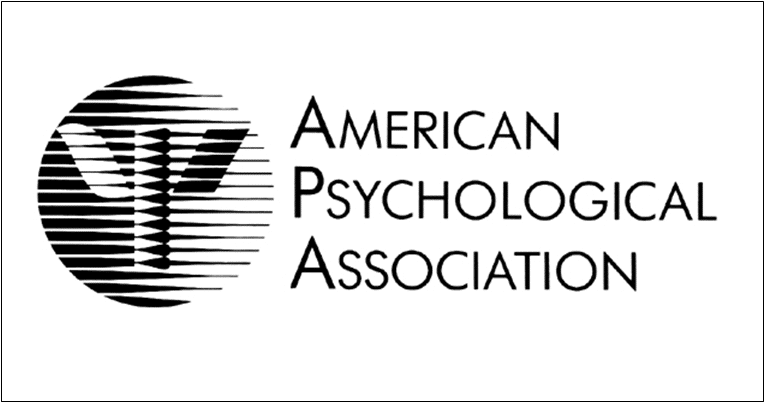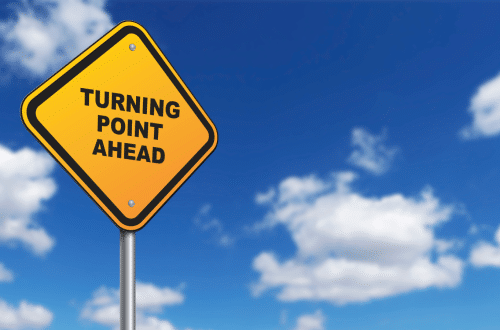How Dare You Be Found To Commit a Thought Crime?
The American Psychological Association Wishes to Curb Online “Misinformation” With More Funding
Reclaim The Net reports:
The American Psychological Association (APA) is among those organizations enlisted to join the “war on misinformation” back in 2021, when APA took a $2 million grant from the Centers for Disease Control and Prevention (CDC) to help push the Covid narratives of the time.
APA’s particular task there was to come up with “a scientific consensus statement on the science of misinformation.”
Now, APA is clamoring for even more federal money as it declares psychology to be “leading the way on fighting misinformation” and advertises psychologists as the right people to research the problem (as it has been presented over the last years), and also be “part of the solution.”
An article on APA’s site doesn’t shy away from using terminology that spreads a sense of alarm, such as “the scourge of misinformation” and asserting that clinicians now have to treat patients “subsumed” by conspiracy theories, while institutions and communities are all allegedly suffering unspecified “harm.”
And APA also doesn’t shy away from mentioning the US presidential election, or from positioning that event as something that makes combating misinformation “messier and more important than ever.”
Messy it is, alright. To position itself properly among all those vying for funding/influence by exaggerating the threat posed by misinformation as a new phenomenon, APA actually states that, with the election in mind, fighting misinformation is “one of the top trends facing the field (physiology) in 2024.”
Really, APA? Maybe the author meant – a top trend faced by the organization itself, since it has had to show something in return for the $2 million 2021 CDC grant given to it to research “the science of stopping misinformation.”
(Spoiler: that “science” is already well-developed and applied; it’s called censorship.)
Beside the general alarmist tone, APA also came up with “recommendations.”
First, shut up – “don’t repeat misinformation.” Next, leverage “trusted sources to share accurate information.” At this point APA is pretty much parroting Big Tech’s various “guidelines” that have justified a lot of legitimate information getting obliterated over the past years as (never precisely and objectively defined) “misinformation.”
The “recommendations” address fellow physiologists, urging them to become “literate” in this newly crafted “science” – in order to be able to take active part in “the solution.”
According to APA’s current standards, helping people (as psychology professionals) should now include the total of eight recommendations (prominent and fairly ominous, free speech-wise, among which is – “collaborate with social media companies to understand and reduce the spread of harmful misinformation”).
And practitioners should do this everywhere – “(in) our labs, our communities, or our families.”










